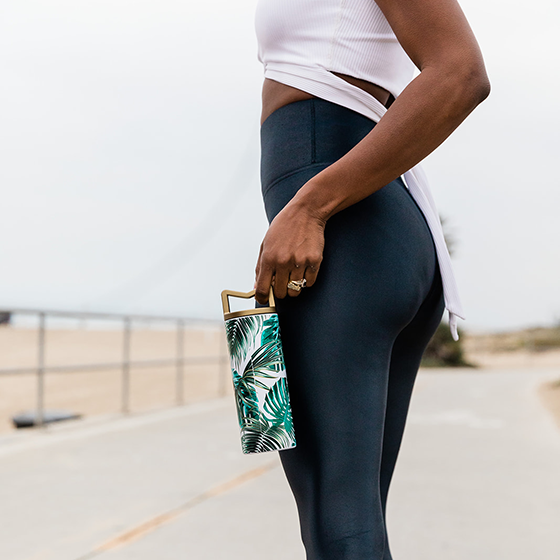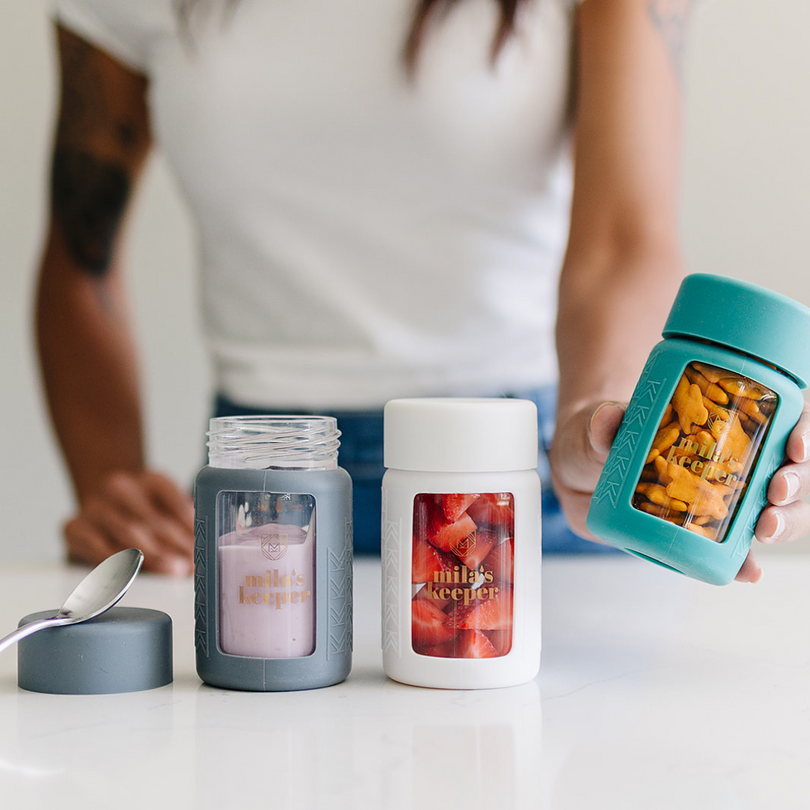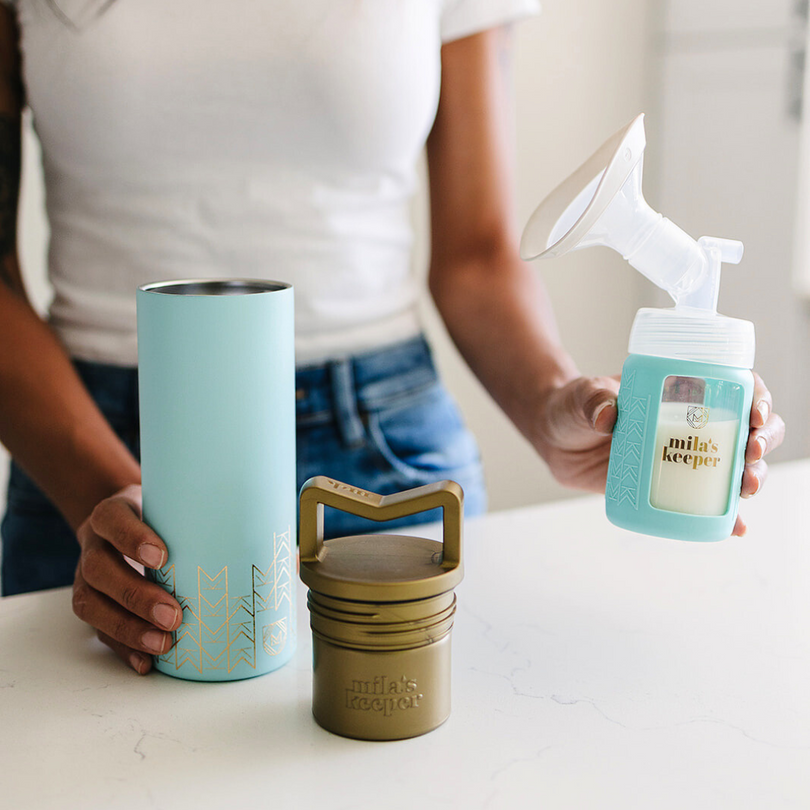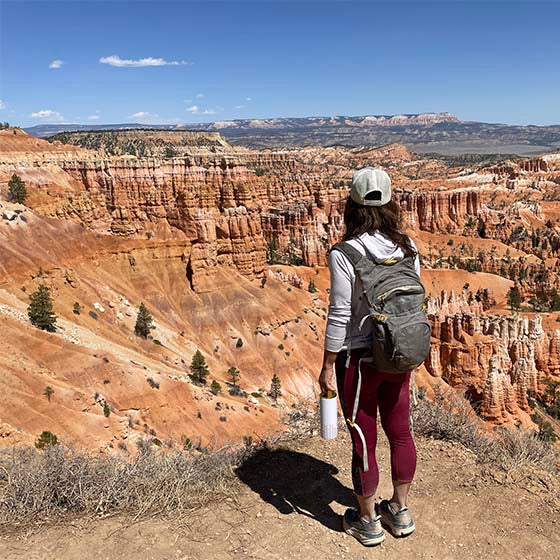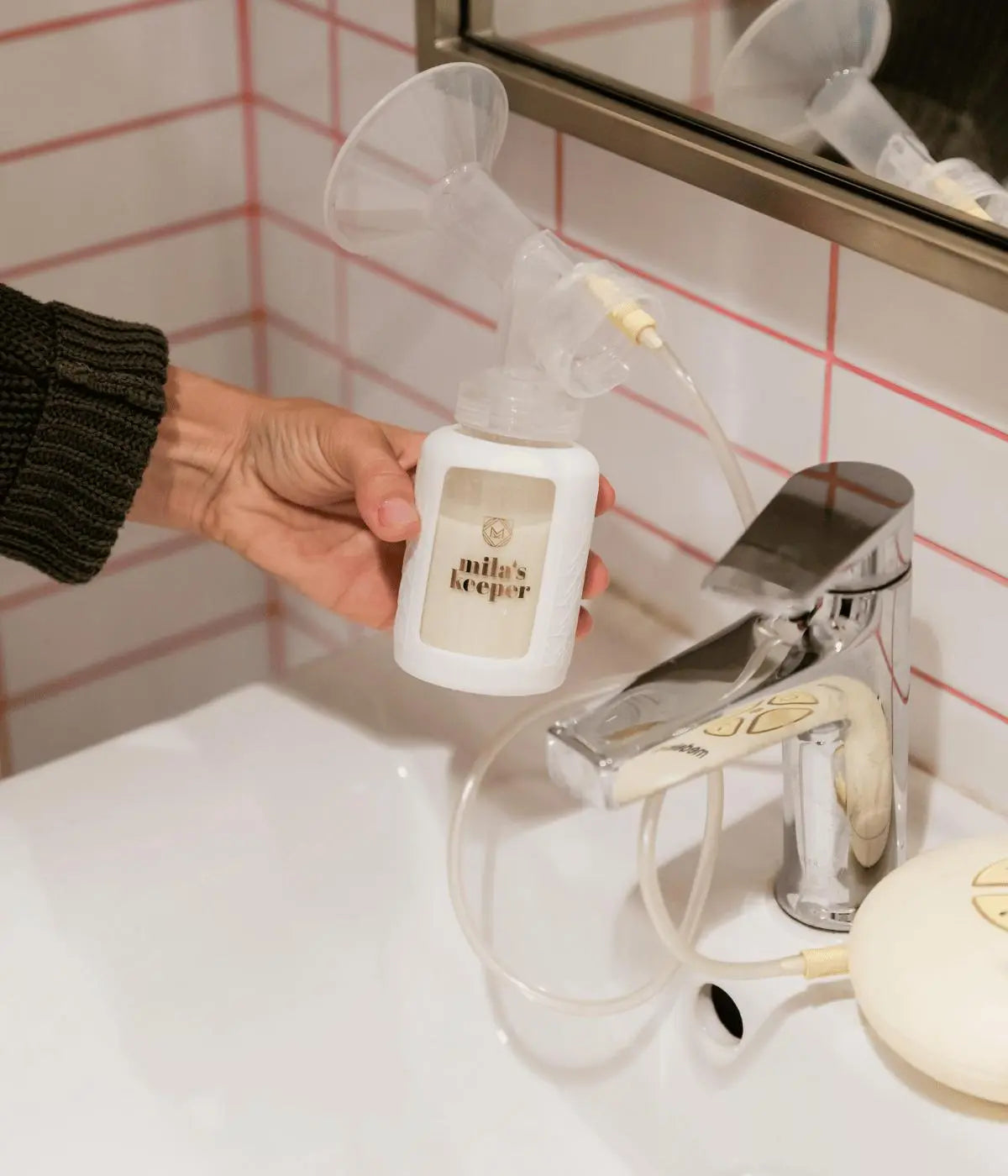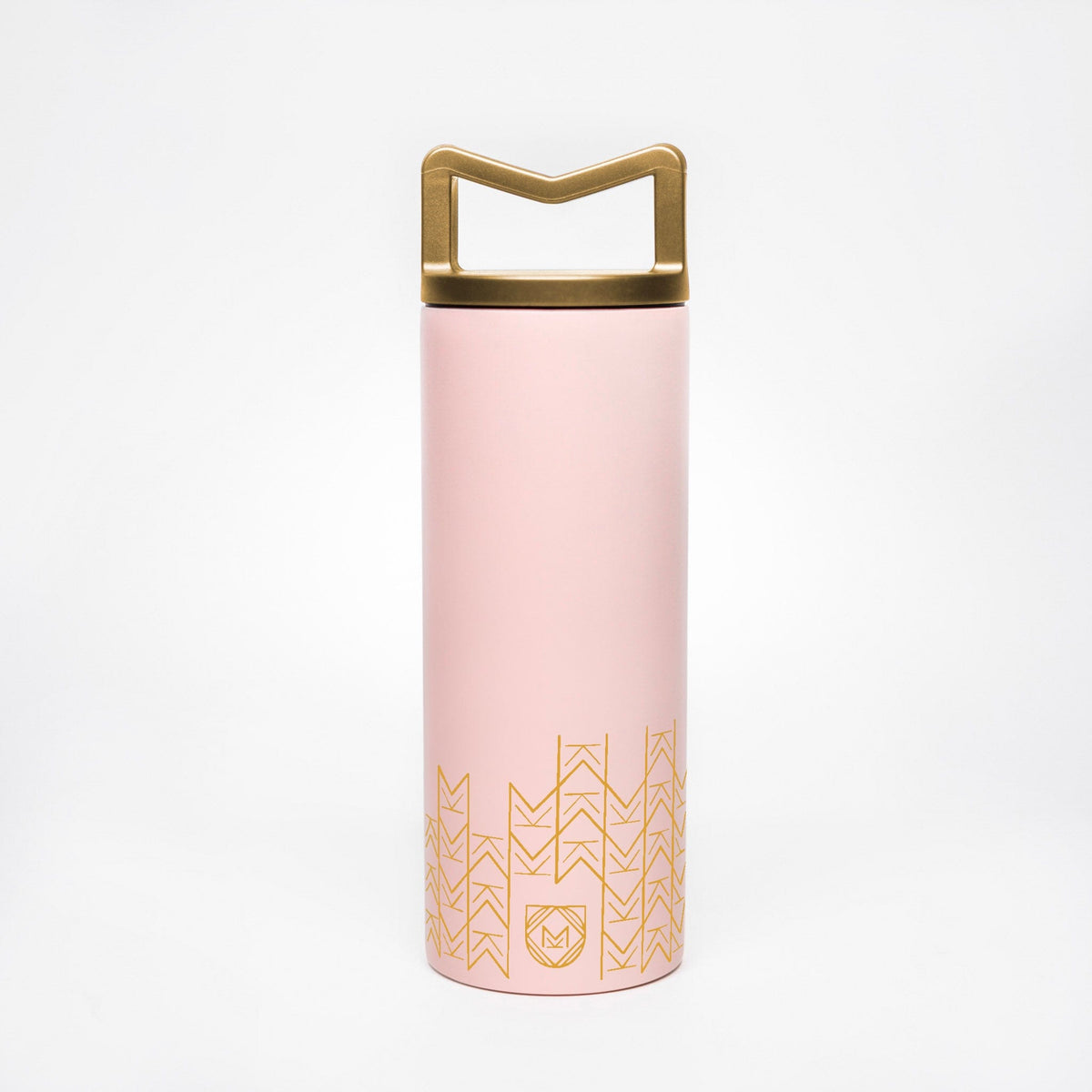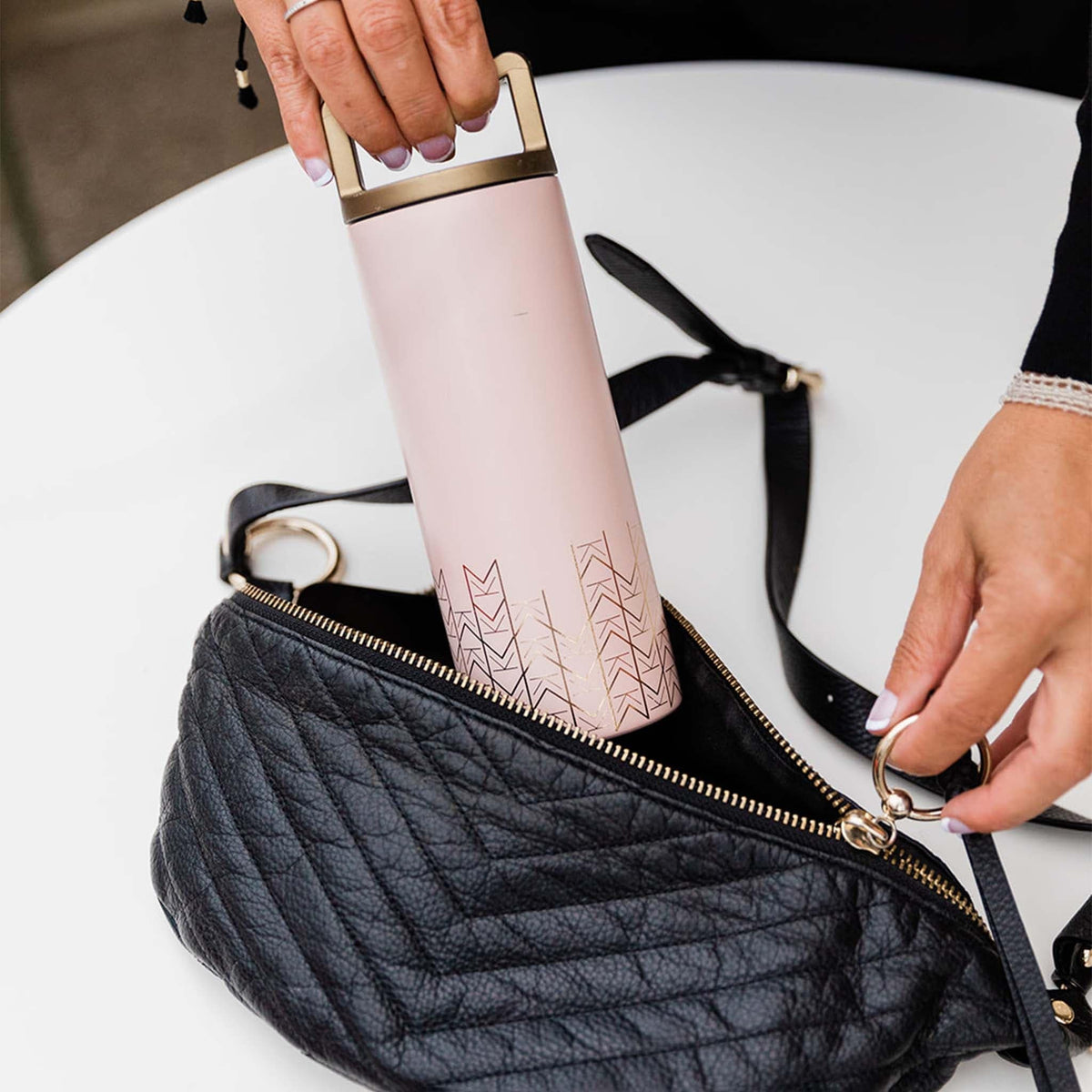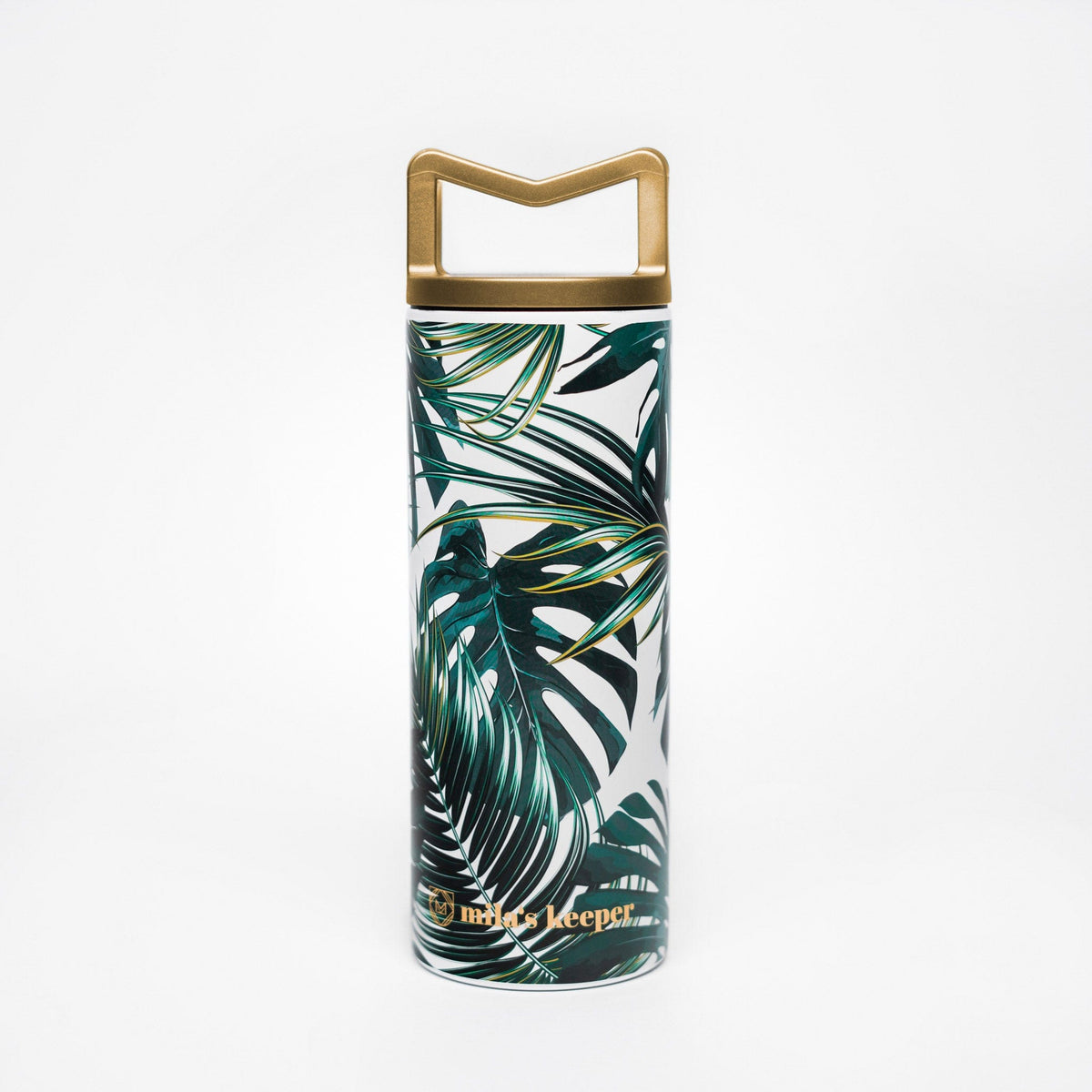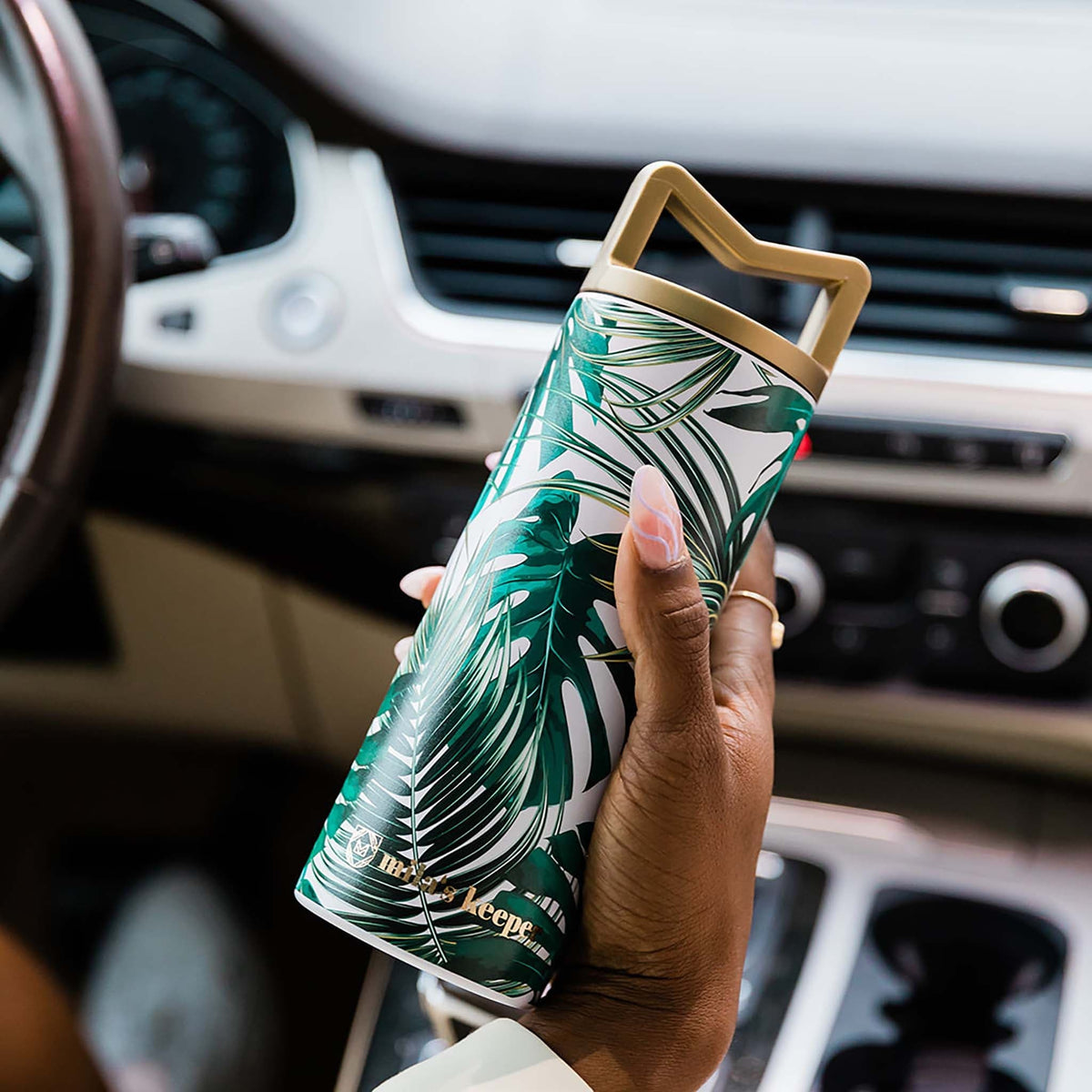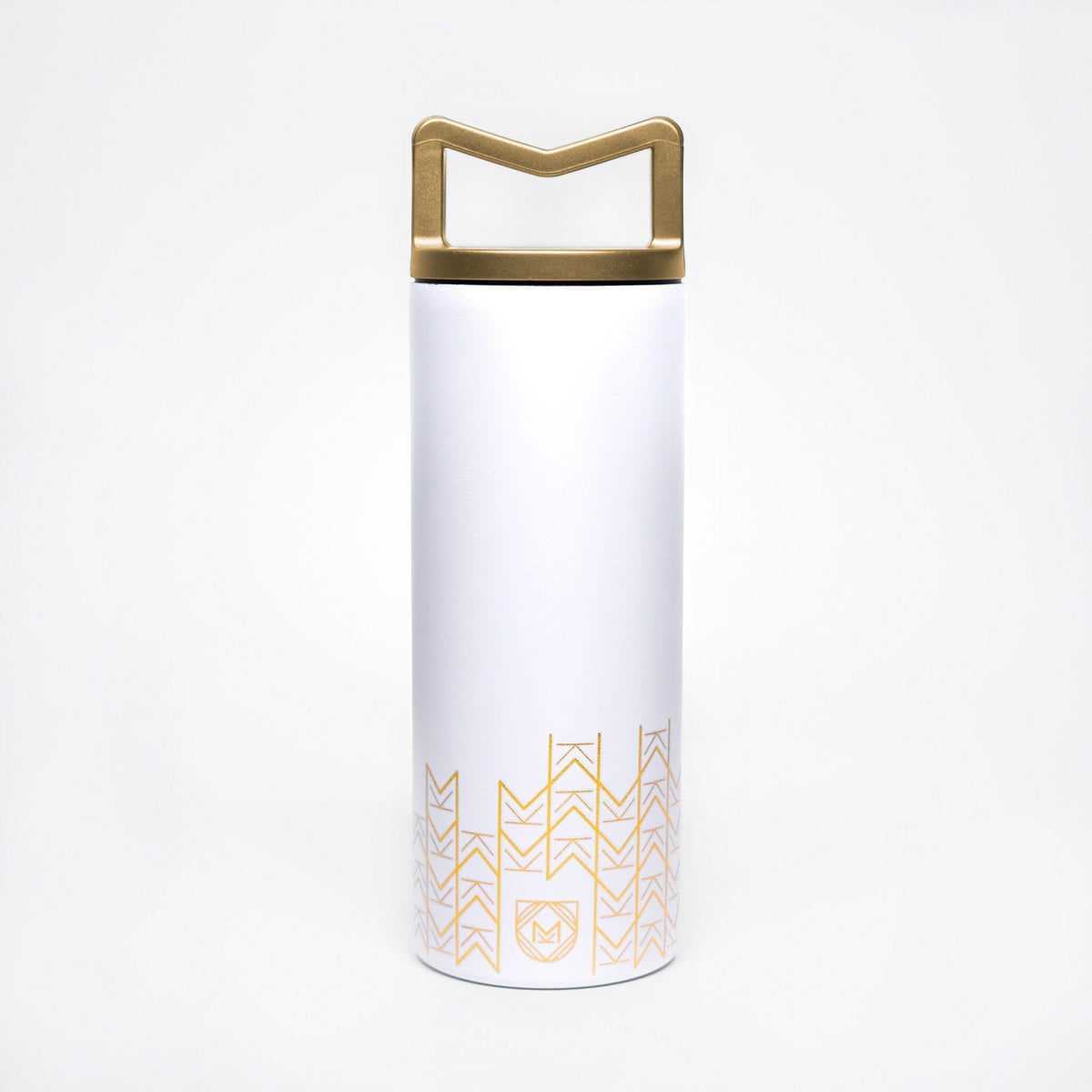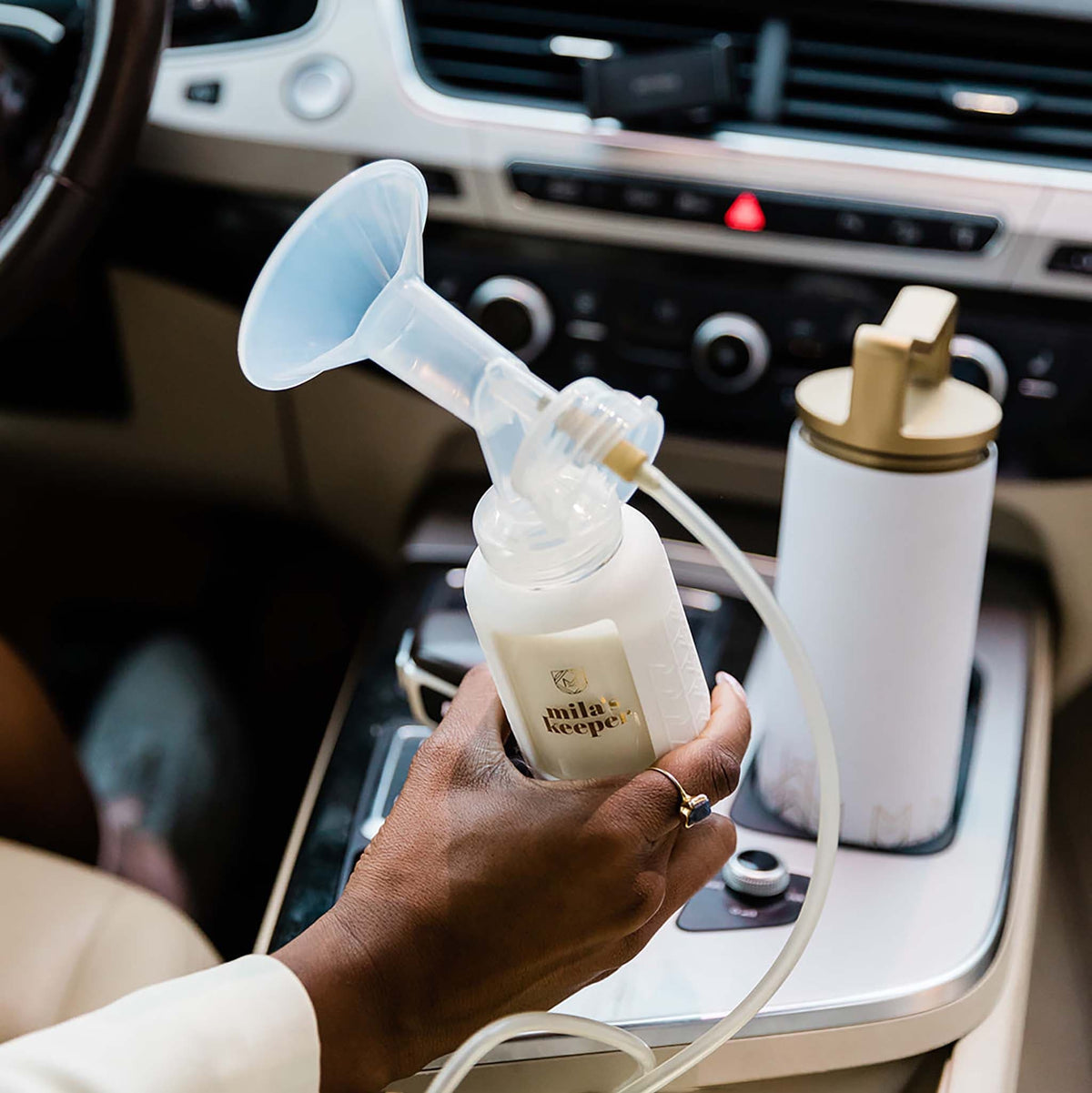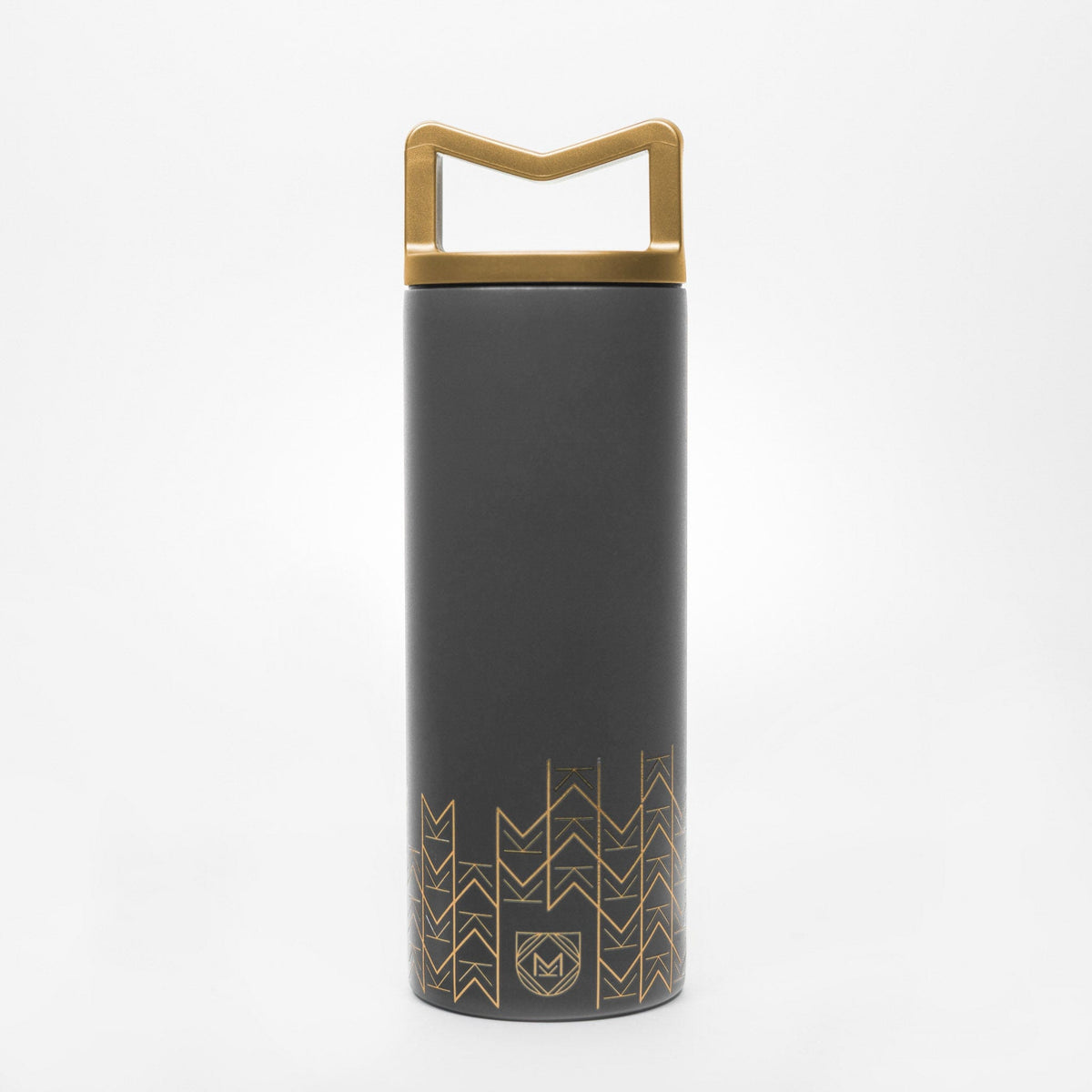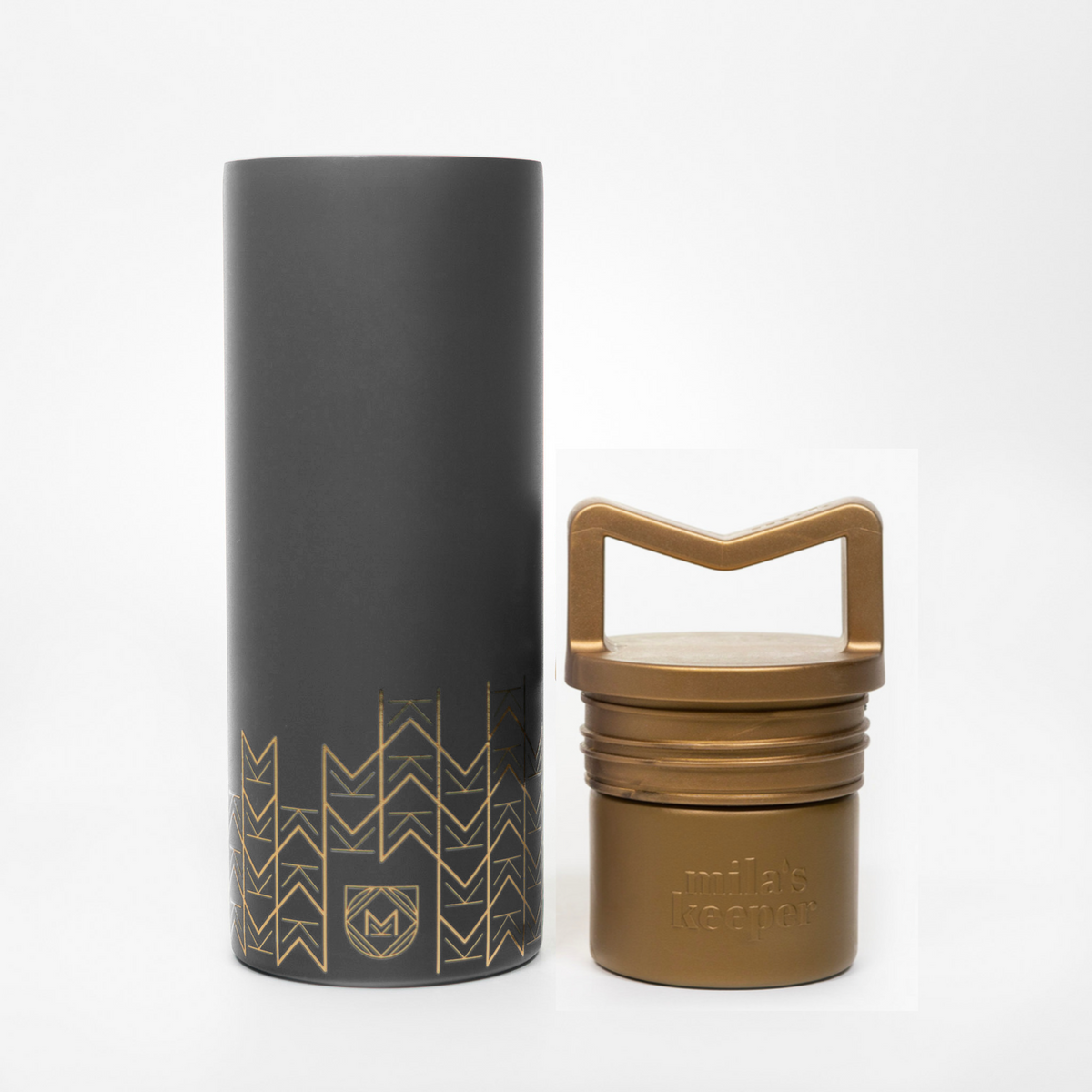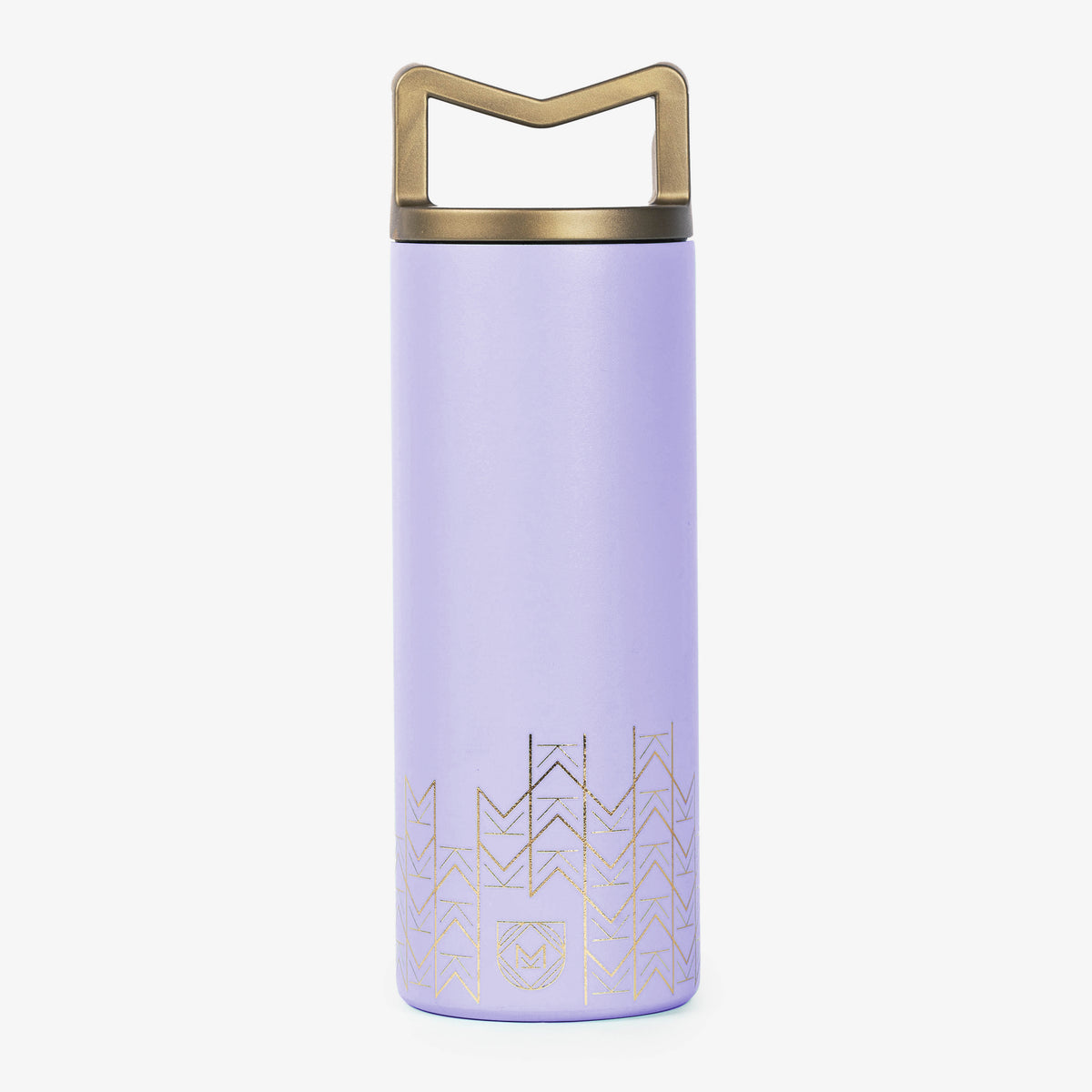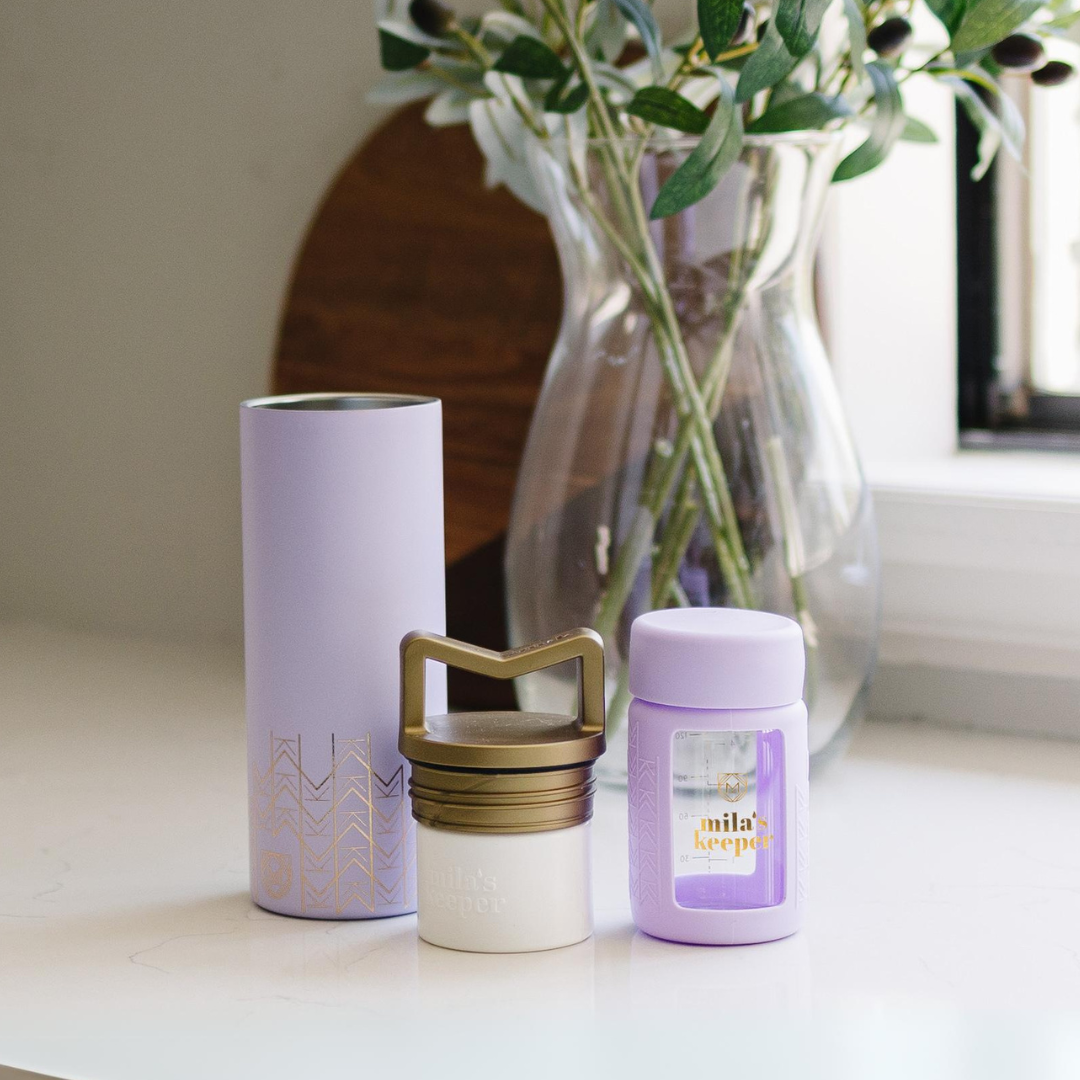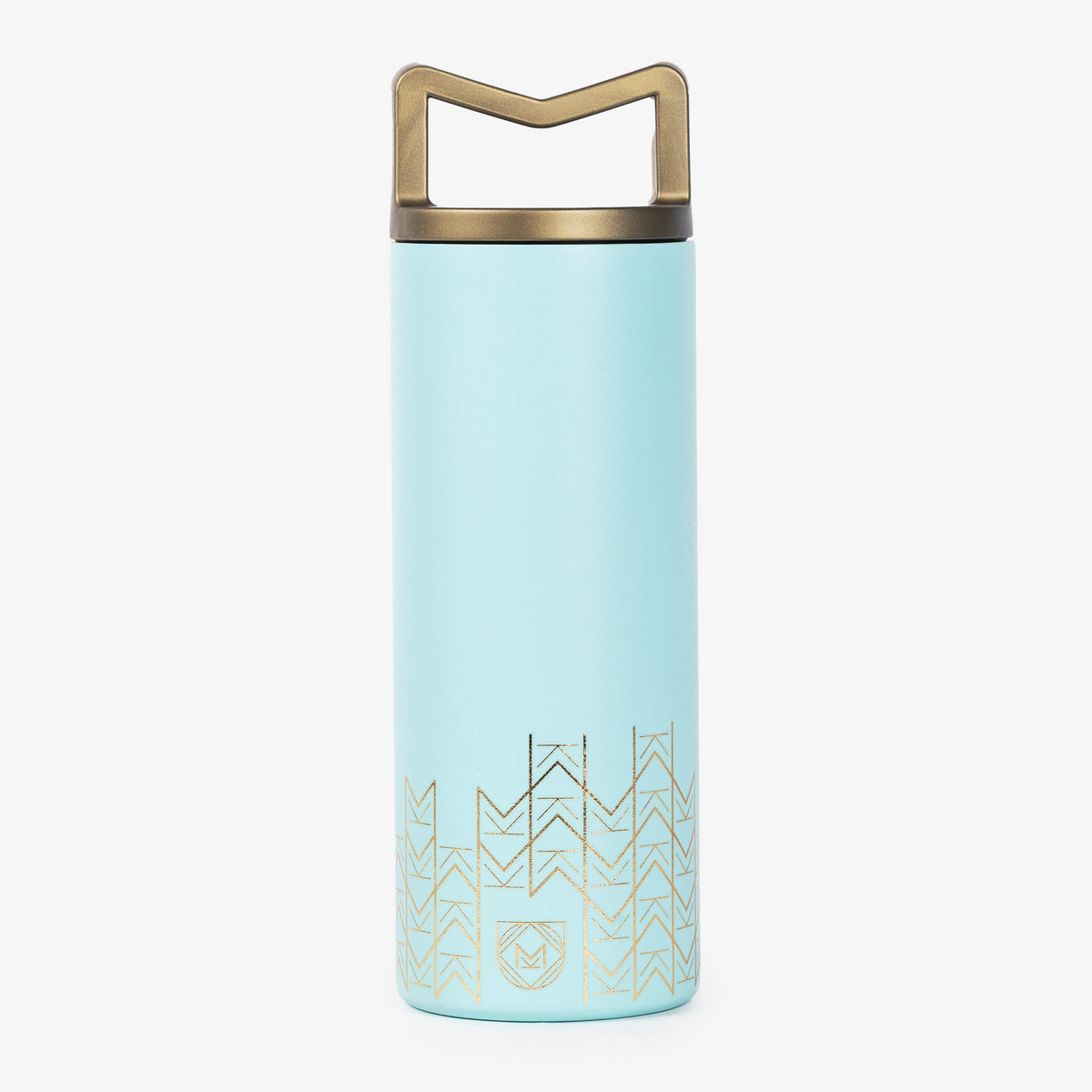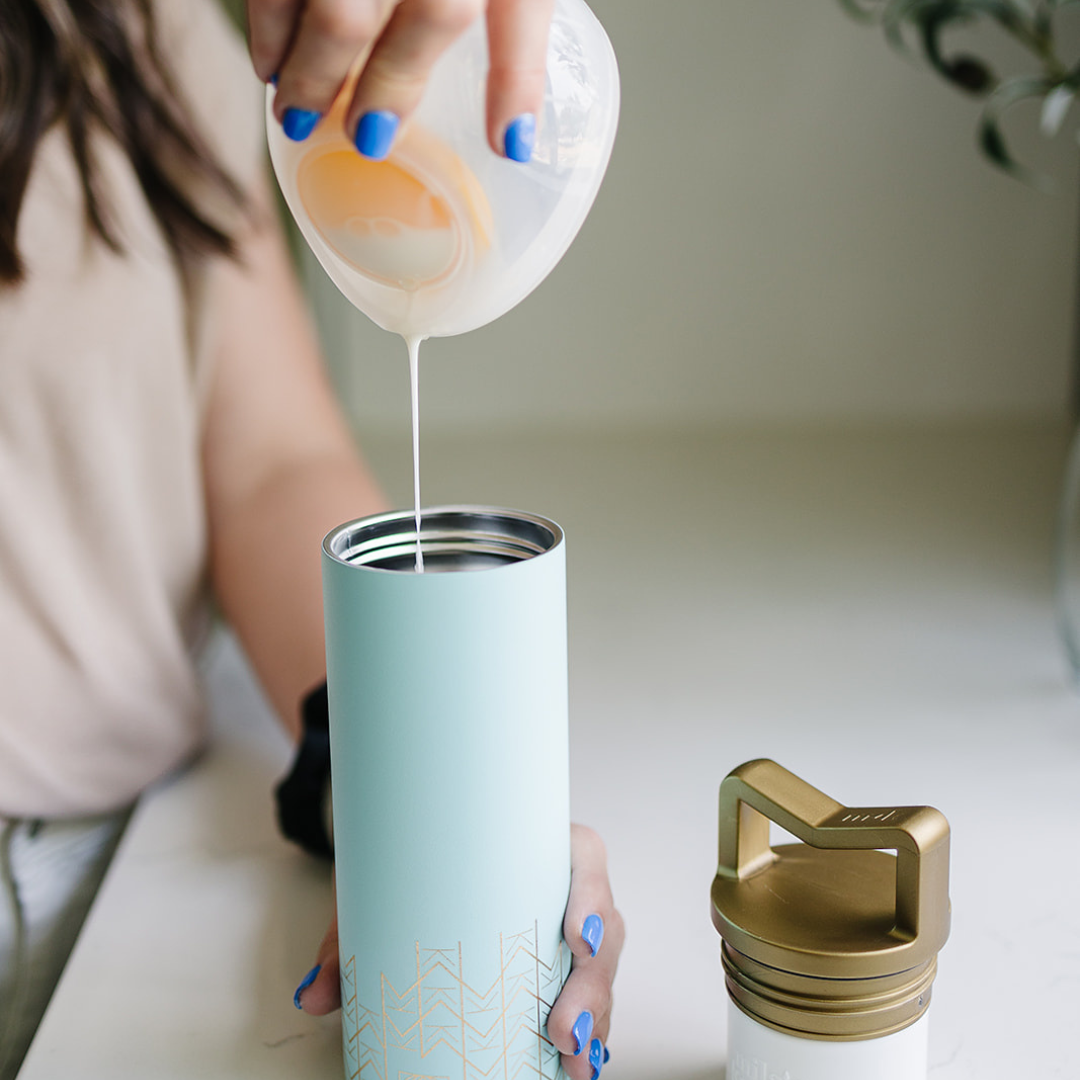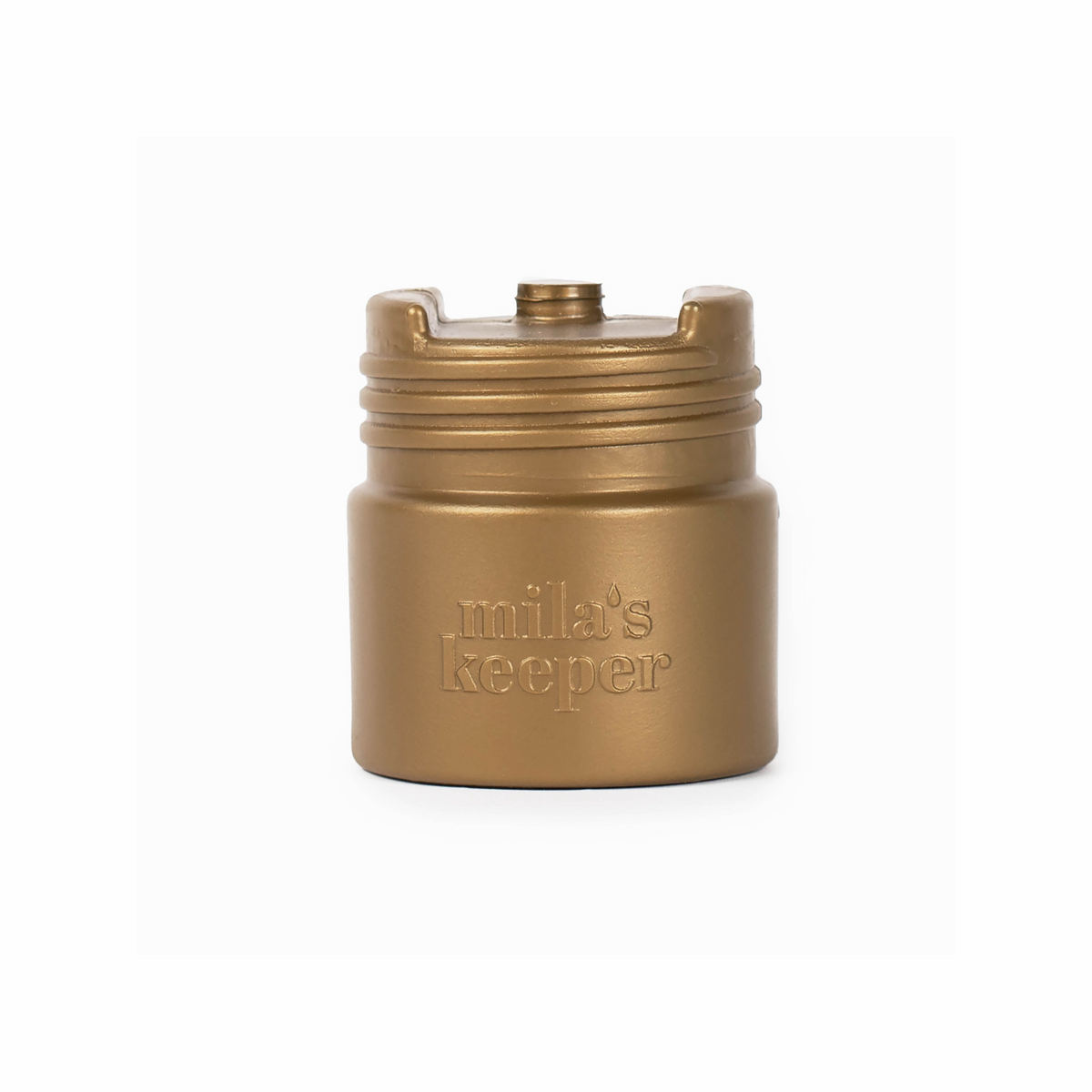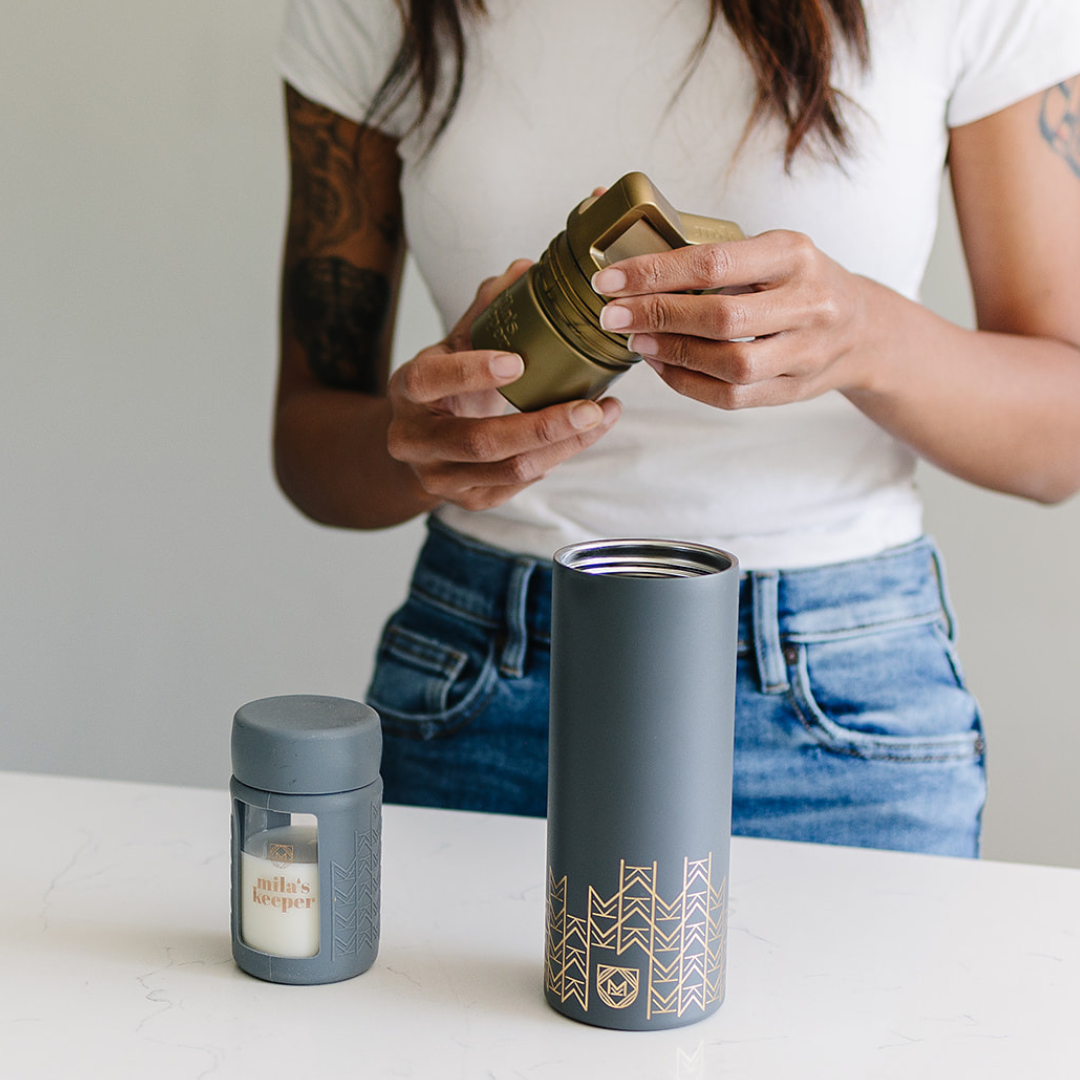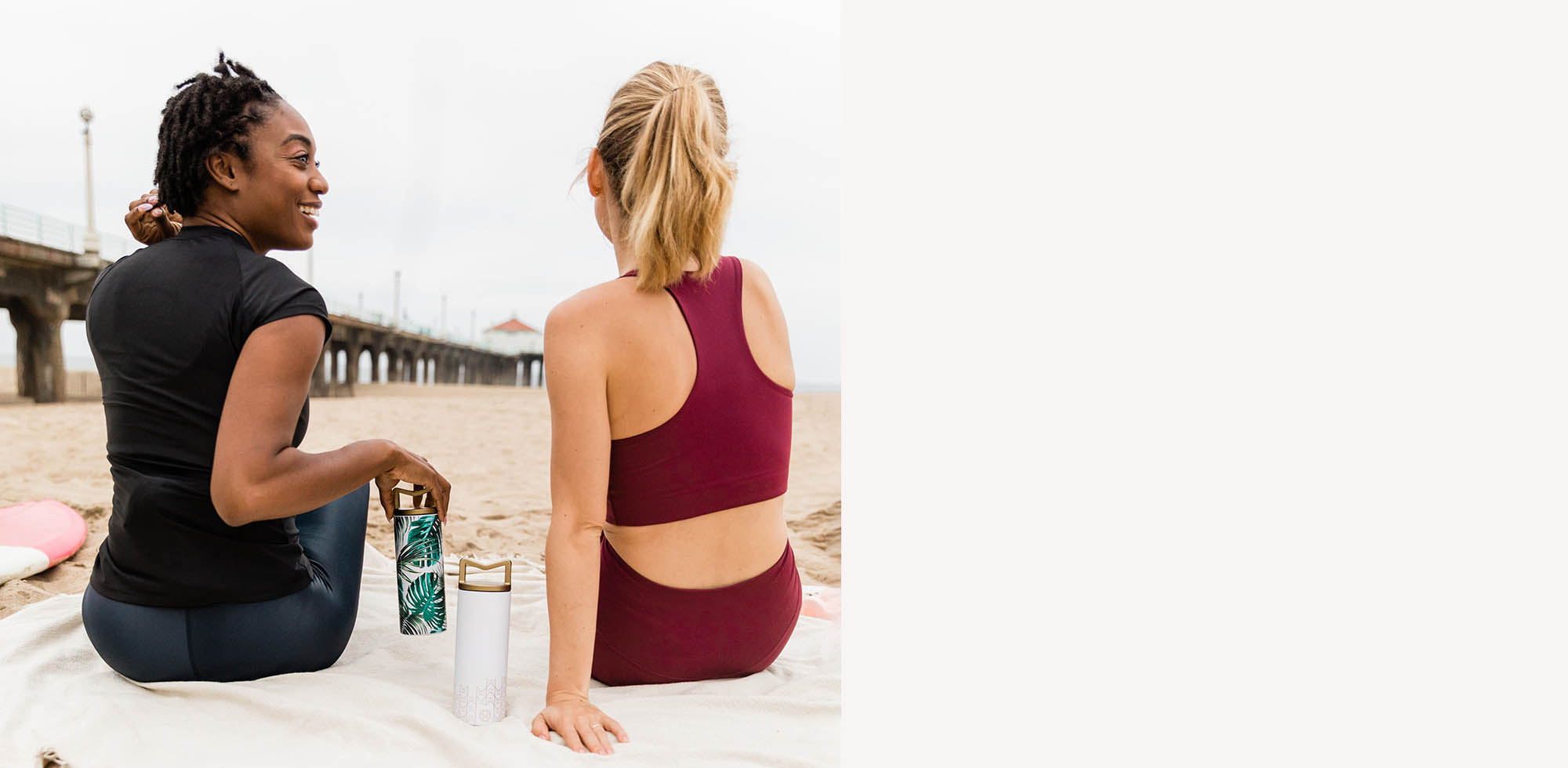Adapting quickly becomes a second nature for new moms. Unexpected challenges will arise, throwing you off course, but the key is to go with the flow and do what needs to be done.
When it comes to traveling while nursing or pumping, it requires some extra effort to figure out the logistics, but many busy moms have mastered the art of pumping on the go. In this guide, we’ll share their wisdom with you, giving you the tools you need to go with the flow, even when the (milk) flow is on the go.
Mastering Pumping on the Go: A Guide for Traveling Mothers
Pumping on the go may sometimes necessitate specialty equipment, but for the most part, you can make use of what you already have. Here are some recommended items we think make the process a little easier:
- An easily portable electric breast pump.
- A pump bag to contain all parts and the charger if needed.
- A nursing/pumping cover for privacy in public.
- An insulated cooler to keep breast milk cold.
- Breast pump cleaning wipes or a cleaner.
Getting back to work outside the home while you're still nursing and pumping is a challenge. Add in traveling and being away from your baby, and it can be a lot. Being prepared physically and emotionally are going to be the keys to success.
Make sure you have all the equipment you need and communicate with family or friends and let them know if you’re anxious or overwhelmed. Let them help you figure out a plan and do some of the research and scheduling- don't be afraid to lean on the people around you!
Pumping While Traveling for Work: Keeping Up with Your Routine
For a lot of moms getting back to work after having a baby, their baby is around 3 months old, or even younger. Although we may look on in envy at other new moms around the world enjoying much lengthier maternity leaves, this is typically what moms get here in the U.S. for maternity leave.
If you’re breastfeeding and/or pumping, you can expect around 5-6 sessions for your average 3-month-old. If you’re following a typical pumping schedule, odds are that you’re going to need to pump while you’re at work. What happens if your work involves travel, how do you manage that? Let’s go over a few tips to maintain your pumping schedule while traveling for work.
For mamas who have to drive a lot for work, figuring out how to pump while driving might be a useful skill to have. Keep in mind that while there aren’t any laws specifically banning breastfeeding while driving, there are laws about driving while distracted, so if you want to pump while driving, do it safely and only if you feel like it’s not a distraction.
The safest and easiest way to go is with a hands-free, wearable pump. If you take the time to prep and get yourself situated before you start driving, you won’t have to do the tricky parts while also navigating the roads.
You can work around pumping and driving without a wearable pump if you don’t have one. Keep in mind though that the less you have to fiddle with your pump while driving, the better.
Try and incorporate things like a nursing/pumping bra or nursing cover into your wardrobe to simplify the process. Wearing a nursing/pumping bra will help keep flanges in place while you’re driving.
A nursing cover will give you some privacy while you’re driving so you don’t have to try and keep your clothing in place when your hands should be on the steering wheel. If a nursing cover isn’t for you and you don’t mind who sees what, that’s fine too- do what you’re comfortable with!
If your pump needs to be plugged in or needs to charge, there are adapters available so you can plug the pump into your car outlet.
If you’ll be traveling on a plane for work, try and time it so you can pump before you board, preferably in a lactation room to give yourself some privacy. If you plan on keeping your breast milk, have an insulated cooler on hand to store your breast milk in for transportation.

Traveling with Breast Milk: Storage and Transportation Tips
Some moms are going to pump while traveling just to maintain supply, and aren’t necessarily concerned about keeping the product produced. Others, however, are going to want to do all they can to protect their liquid gold that’s been pumped on the go and to ensure that it makes it home to its destination without spoiling or being compromised.
For those mamas, the handling, storage, and transportation of their breast milk is going to be the most stressful aspect of pumping while traveling. So, for those stressed-out moms, we’re going to break down the best way to keep your breast milk safe while you’re traveling.
If you’ll be staying in a hotel, call ahead and make arrangements for a room with a compact refrigerator if possible.
If you won’t have access to a refrigerator immediately, breast milk can be stored safely in an insulated cooler with frozen ice packs for up to 24 hours.
An insulated breast milk container can hold a 5 oz glass bottle of breast milk, or it can store 2 6 oz bags of breast milk.
If you expect to be transporting a lot more breast milk, you can store your bottles or bags in a larger cooler bag with ice packs.
If you’ll be traveling for more than 4 days without access to a freezer and you’ll have a large quantity of milk, consider shipping your breast milk home using a service like Limerick or Milk Stork, which provides the shipping materials you’ll need. Check with your company to see if they’ll reimburse you for the cost of the service, or if they have an account with a company already.

The Convenience of Portable Breast Pumps for On-the-Go Moms
Portable breast pumps are compact and lightweight, giving nursing moms the flexibility to pump whenever and wherever, seamlessly integrating into their busy lives. Whether you’re a working mom with a hectic schedule, a traveler constantly on the move, or someone who values the freedom to multitask, portable breast pumps offer unmatched versatility.
With features like rechargeable batteries and USB charging options, these pumps eliminate the need for a constant power source, providing true freedom of movement. Many models also come equipped with quiet operation, ensuring privacy during pumping sessions. Easy assembly and cleaning further enhance the use experience, making these pumps a hassle-free choice for busy moms.
Traveling with Frozen Breast Milk: A How-to Guide
Traveling with frozen breast milk can be stress-free with the right know-how. Again, preparation is key here. Ensure your breast milk is stored in leak-proof containers, like specialized breast milk storage bags, or glass breast milk containers. Remember to label each container with the date so you know when to use them by.
Invest in a sturdy cooler or insulated container with gel packs to keep the milk frozen during your travels. Portable coolers with exceptional thermal qualities can keep breast milk chilled for extended periods.
If you’re traveling with frozen breast milk, a cooler with frozen gel packs or ice is the recommended way to go. According to the CDC, you’ll want to be sure and check your breast milk when you get to your destination. If the breast milk has ice crystals, you can refreeze it. However, if the milk has thawed you’ll want to use it within 24 hours. If you suspect your frozen breast milk will thaw at some point in your journey, keep an eye on it so you know when it thaws and can start the 24-hour countdown.
If you plan on flying with frozen breast milk, make sure you research what is allowed in the country or countries you’re visiting. Some countries embrace frozen breast milk in carry-ons, while others set restrictions. The quantity allowed is generally unrestricted, but screening procedures apply and containers might have limits.
In countries where frozen breast milk is restricted in carry-on luggage, some may allow it in checked luggage, potentially with the use of dry ice.

Navigating Airports and Flights While Pumping
Embarking on a journey through the skies with breast milk in tow? Navigating the maze of airport security can be bewildering, but being prepared and knowing what’s allowed should make it easier.
The good news is that breast milk and essential baby items enjoy exemptions under the TSA’s 3-1-1 liquids rule, and legislative wins like the BABES Act and FAM have paved the way for the dedicated lactation spaces in larger airports, enhancing the travel experience for nursing moms.
For domestic flights, carrying expressed milk in your carry-on is a fairly simple experience, even if your little one isn’t tagging along. You should inform the TSA agent that you have expressed breast milk on you, along with related items.
Your breast milk will most likely be screened by x-ray, or if you don’t want it to be x-rayed, it will go through some other screening procedure. You’ll want to give yourself a little extra time to get through security and consider bookmarking the TSA regulations for expressed breast milk in case you encounter an inexperienced TSA agent. Be aware that you may be asked to open breast milk if it’s in plastic bags, because they may not be able to screen it using Bottle Liquid Scanners.
Venturing overseas? Brace yourself for a diverse set of international regulations. Most international destinations allow you to bring breast milk in your carry-on, with some stipulating that your child must be present.
If you’re traveling internationally, be sure to research the regulations of both departure and arrival countries, taking into account if you’ll have your child/ren with you and how and where your breast milk will be stored.

Balancing Traveling While Pumping & Work: Strategies for Business Trips
All you breastfeeding moms know how important it is to keep a regular nursing or pumping schedule in order to maintain your breast milk supply. If you’re traveling a lot for work it might take just a little extra planning and thought to keep on track.
Be upfront about your situation and notify your employer and/or colleagues about your pumping schedule, ensuring everyone is on the same page and can provide the necessary support.
Plan ahead by researching the facilities at your destination- check for lactation rooms, private spaces, or nearby breastfeeding-friendly sports. Pack smart by bringing all the essentials- extra pump parts, storage containers, and a small cooler to keep your precious liquid god fresh.
Utilize technology to your advantage; there are apps that help you track pumping sessions and even provide reminders- something a lot of busy mamas find helpful. Reach out to other working moms who’ve been on business trips and gather insights and advice.
Embrace flexibility in your schedule, recognizing that unexpected challenges may arise. Finally, self-care is paramount. Ensure you’re well-rested, stay hydrated, and take moments to relax amidst your work commitments.
We know that nursing working moms have a lot on their plates. The good news is that there are so many wonderful, inventive mamas who have been through it too and happily share their tips and tricks in the hopes that it will make it just a little bit easier on somebody else. We hope that we’ve given you a few of those insights to help make pumping while traveling a little less stressful for you!
Keep Reading related blog: YOUR ESSENTIAL GUIDE TO FLYING WITH BREAST MILK
A female-designed and female-run company, Mila's Keeper is on a mission to empower women to thrive during their breastfeeding journey by offering reusable, eco-friendly breast milk storage solutions for their day-to-day needs. Get the latest tips and info on Mila's Keeper products by following us on Facebook, Twitter, Instagram, Pinterest, and LinkedIn.

